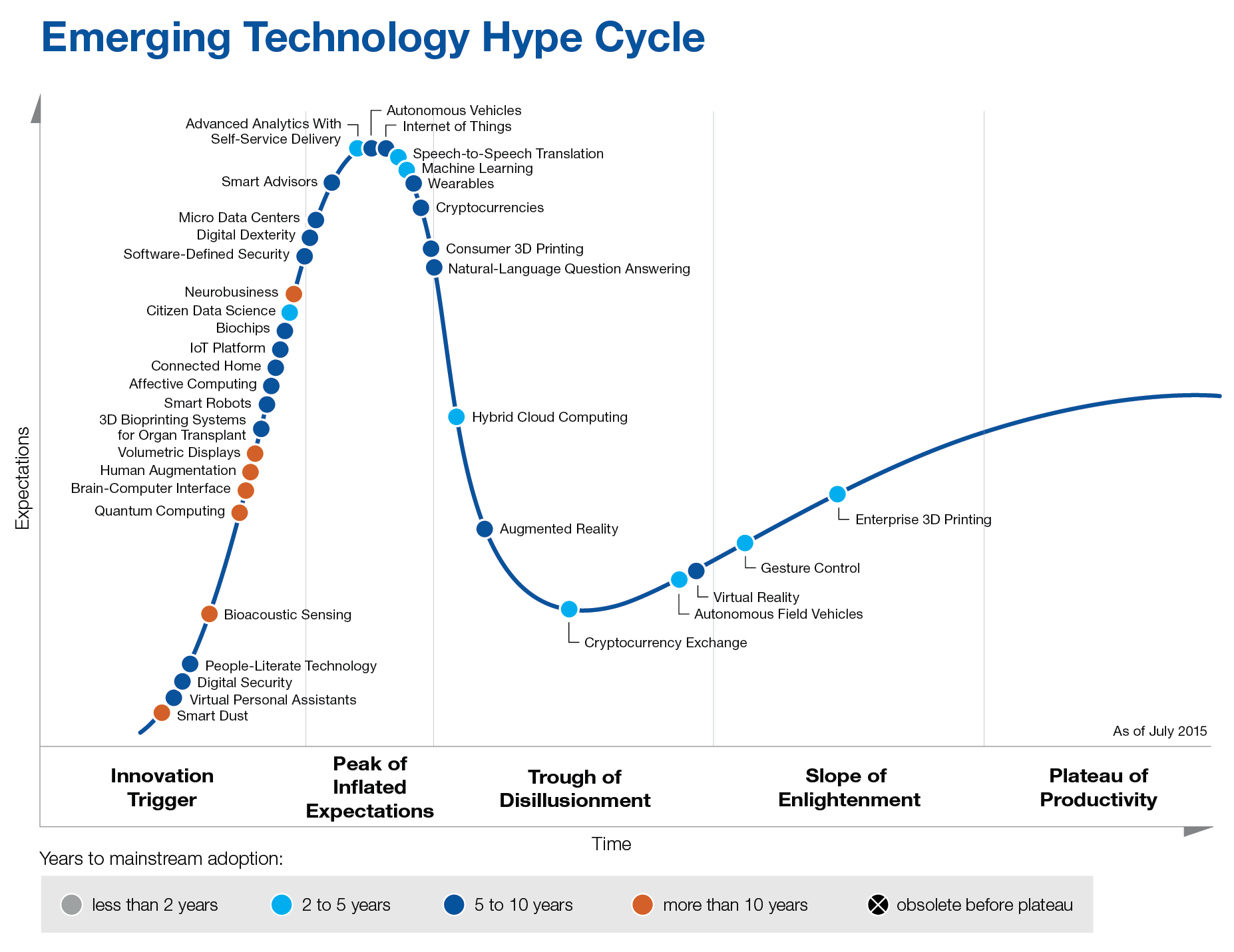Quantum computing stands at the confluence of computer science and quantum mechanics, representing a paradigm shift in computational capability. The allure of quantum computers arises not just from their unparalleled potential but also from their ability to resolve problems deemed insurmountable by classical computers. This article explores the common uses of quantum computers, underscoring the remarkable strengths they bring to various fields.
To begin with, quantum computing finds significant application in cryptography. Contemporary cryptographic systems depend largely on classical algorithms that leverage the computational difficulty of problems like factoring large integers. Quantum computers, utilizing algorithms such as Shor’s algorithm, can factor these integers exponentially faster than their classical counterparts. This capacity poses profound implications for data security, as it threatens existing encryption standards. In response, the field of post-quantum cryptography has emerged, striving to develop encryption methods robust enough to withstand quantum attacks, thereby safeguarding digital communications against future breaches.
Furthermore, the influence of quantum computing extends into the realm of complex simulations. Classical simulations of physical systems, such as molecular interactions or material properties, become computationally prohibitive as the size of the system increases. Quantum computers can inherently simulate quantum systems more efficiently due to their ability to exist in superpositions. This capability facilitates advancements in materials science, with applications that range from discovering new superconductors to optimizing chemical reactions. For industries where the precision of materials is paramount, such as pharmaceuticals or aerospace, quantum computing can redefine research trajectories.
Additionally, optimization problems across various industries greatly benefit from quantum algorithms. Many real-world applications involve complex optimization scenarios—be it in logistics for route planning, finance for portfolio optimization, or telecommunications for network design. Quantum annealers, such as those developed by D-Wave, and quantum gate-based computers promise exponential speed-ups in solving these NP-hard problems. Such efficiencies enable businesses to minimize costs, enhance operational efficiency, and make informed decisions based on intricate datasets.
In the field of machine learning, quantum computing presents a transformative potential. Quantum machine learning algorithms aim to accelerate classical machine learning processes by leveraging quantum states for data representation. For instance, quantum versions of support vector machines have been proposed to enhance classification tasks. Moreover, the parallelism offered by quantum mechanics allows for the analysis of vast datasets at speeds unattainable by traditional methods, thus propelling advancements in artificial intelligence and data science.
One of the most thrilling applications of quantum computers lies within the realm of drug discovery. Traditional drug discovery is a lengthy and costly process, often reliant on trial and error methodologies. Quantum simulations can facilitate rapid molecular dynamics studies, thereby predicting how different compounds interact with biological targets. As a result, pharmaceutical companies could streamline the identification and design of new therapeutic agents, resulting in a paradigm shift in medical research and treatment efficacy.
Moreover, in the scope of financial modeling, quantum computers could significantly enhance risk analysis and portfolio optimization. Institutions can utilize quantum algorithms to model a multitude of financial scenarios simultaneously and identify optimal strategies rapidly. For example, quantum simulations can be deployed to price complex derivatives, offering hedge funds and investment firms the ability to make data-driven decisions informed by computational models that can assess various market conditions with unprecedented speed and accuracy.
Quantum computing also holds promise in addressing pressing global challenges, such as climate modeling. Understanding climate change necessitates the analysis of vast, intricate datasets containing numerous variables. Classical computers struggle with the computational load of accurately modeling global climate systems. Quantum computers could potentially simulate atmospheric and oceanic processes at a level of detail and speed conducive to better predictions. Such advancements could inform policymakers and scientists alike, fostering enhanced strategies for climate change mitigation.
Furthermore, quantum technologies seep into the realm of telecommunications. Quantum key distribution (QKD) is a game-changing application that promises secure communication channels by enabling two parties to generate sharing keys through quantum mechanisms. The ability to detect eavesdropping through the principles of quantum mechanics employs light particles (photons) to convey information, ensuring that any interception would irretrievably alter the state of the quantum system. This assurance of security is invaluable, particularly in an era where data breaches are inexorably prevalent.
As with any nascent technology, the realization of quantum computing’s full potential is contingent upon overcoming significant hurdles. The current landscape involves ongoing research and development to enhance qubit stability, error correction, and scalability of quantum systems. Despite these challenges, the strides made thus far illustrate the profound fascination surrounding quantum computing, as it not only challenges established theories but also holds the promise to revolutionize multiple sectors.
In conclusion, the common uses of quantum computers traverse a wide array of fields, from cryptography to drug discovery, optimization, and climate modeling. Each application highlights the unique traits of quantum computing that set it apart from classical systems. As scientists and technologists continue to advance this groundbreaking field, the inquisitive nature of humanity drives a relentless pursuit for answers that quantum computers are poised to provide. The journey into the quantum realm is merely beginning, and already, it offers a tantalizing glimpse into a future replete with possibilities previously constrained to the realm of imagination.












